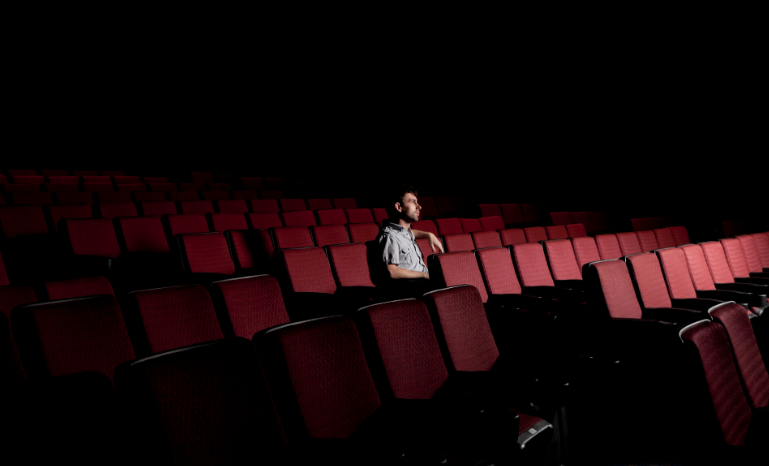On Monday, BBC Culture published “The 21st Century’s 100 greatest films,” a list that polled 177 critics worldwide for their top ten films of this century (2000 onwards). Out of those 177 critics, less than one third were women (55, or 31 percent) and less than two-thirds included films directed or co-directed by women on their lists (105, or 59 percent). Of those 55 women critics, 44 (or 80 percent) included women directors on their lists, whereas only 61 (or 50 percent) of the 122 men did so. As Women and Hollywood pointed out on Tuesday, this lack of female representation is a speck on the tip of the monstrously colossal iceberg of gender disparity in film criticism.
In an ideal world brimming with fairness and meritocracy, we would expect proper gender parity in all fields and industries. You know, 50/50. But since we live in a toxically mundane dystopia convoluted by white patriarchal preconceptions and trickle-down bias, we grasp for even-handedness, representation, and the opportunity to strive for that diverse feminist idyll. Sam Adams summed up this system of sorts nicely in his piece “The Real Problem With the BBC’s 100 Best Movies Poll Isn’t the Movies. It’s That It’s a Poll” on Slate yesterday — “Like the film critical establishment itself, the list of voters is majority white and male.”
With each top, favorites or best list, we critics and cultural commentators respond as a high-minded, or at least highly-opinionated, peanut gallery by way of think pieces and twitter. Raising the same issues of representation (gender, race, sexual orientation) perennially, we attempt to hold “the system” accountable and push for a better cultural landscape tomorrow.
In the case of the lack of women in film criticism, Meryl Streep provided a huge stepping stone when she pointed out how few women there were on Rotten Tomatoes during a BFI London Film Festival press conference last October. And the discussion only grew from there. Variety has written on the issue majorly at least twice in the past year. The Atlantic published “Why Are So Few Film Critics Female?” and then followed up on that article six months later. Women and Hollywood posted The Dudeocracy of Film Writers in May and here we are again.
Though it’s unfair to pinpoint entities like the BBC Culture section and Rotten Tomatoes, staffs of both which champion and hire women, they and their lists provide the metrics to examine the larger issues with clear facts and figures. You can argue opinions, but facts are facts. And all of the figures point to a ridiculously glaring imbalance between men and women in film criticism, on compiled lists and in hiring announcements, which then compounds the greater issue of gender disparity in the film industry overall. (To paraphrase #AYearWithWomen’s Marya E. Gates, if women aren’t going to champion women, who will?)
Instead of playing a heated game of the-chicken-and-the-egg (hint: follow the money), let’s just push forward and do better. If you’re an editor polling critics, make sure you’ve got enough women in your end tally. If you’re a critic, follow up your ballot submission with a “Just checking in” email that asks whether the editor has got enough women in their voting pool. If there still doesn’t seem to be enough women (less than 50 percent) in the poll, we have a list of available professional women critics and film writers for you to peruse. A very long list.
To end on a positive note, BBC Culture published a listicle on “The 21st Century’s 25 Greatest Films,” which included blurbs from 12 women writers (nearly 50 percent of the piece’s contributors). We’ve been tweeting out pull-quotes hourly on Female Film Critics. Come check them out.







